Don Johnson has difficulty remembering any specific hands. During his record-breaking 12-hour session at Tropicana, when he won $5.8 million, he was dealt new cards every minute. A crowd had gathered outside the high roller zone, trying to see what was going on. Inside, a burly, middle-aged man in a hoodie and a red cap was sitting at a blackjack table betting $100,000. When there is a game at such stakes, rumors spread very quickly. Johnson caught an incredible hot streak and was closely watched not only by ordinary onlookers but also by pit bosses and security cameras. Don remembers best the hand in which he won $800,000. He habitually bet $100,000 and, having received two eights, made a split, thus doubling the stakes. To his surprise, two more 8s came and he split again. The total bet rose to $400,000.ed. – double down – a reception in blackjack, when a player doubles the bet after two cards, but after that, he is dealt only one more card).
The dealer gives himself 10, and then another 10 – bust. There were no celebrations, Johnson calmly gave the command to deal again. He finished this session with a profit of $6 million. But the big picture was even cooler – in the previous 4 months he had won $5 million in Borgata and $4 million in Caesars. In the last casino, he was immediately banned from playing, and then blacklisted by the entire network.
$15 million in three different casinos. It is unlikely that such a result is possible solely due to luck. How did Johnson do it?
The first suspicion was that he was counting cards. But from the point of view of the casino, this is cheating, and they recognize this very quickly. Johnson was watched very closely and they found nothing.
In the spring of 2011, all Atlantic City casinos were in crisis. Tropicana also posted record-low earnings. The main reason is the consequences of the global financial crisis of 2008 and the legalization of the gambling business in neighboring states. Johnson's winnings were unlikely to affect the big picture, but Tropicana President and CEO Mark Giannantonio, who personally approved the $100,000 betting limit, was fired.
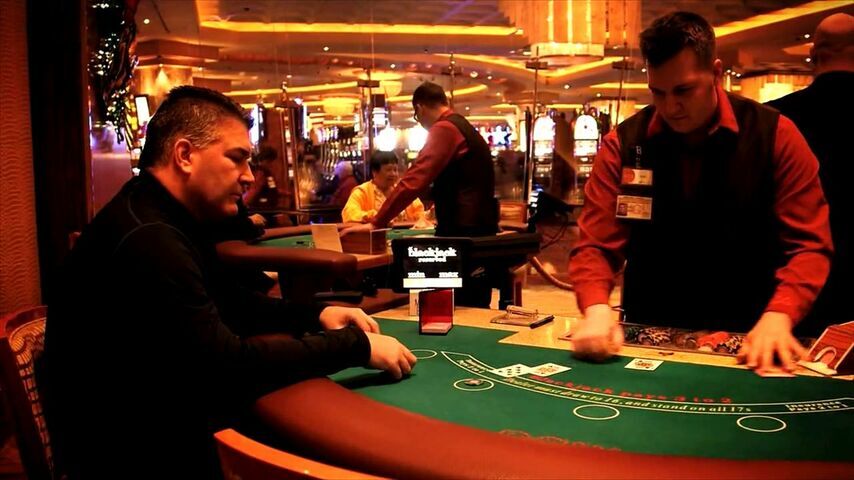
Despite his low-key appearance, Don Johnson was no ordinary guy. First of all, he was a very experienced and strong blackjack player. Tony Rodio, who succeeded Giannantonio as CEO, recalls: “He played flawlessly. He knew the right decision in all situations. But many blackjack players can boast of this. Johnson's advantage was also that he knew the gambling industry very well. As good as he was at blackjack, he was even better against the casino.”
From 2006 to 2011, the gambling industry in the northeastern United States was going through hard times. The casino halls were empty, and the total profit of all gambling establishments in Atlantic City during this period decreased from $5.2 billion to $3.6 billion. In such difficult moments, casinos do everything to attract VIPs who are ready to bet tens of thousands per hand. They are provided with luxurious rooms, free food, booze, private jets, and much more (it is no coincidence that casino advertisements are full of beautiful, half-naked girls). Marketers present the casino as a realm of glamour, where everyday worries, morality, sobriety, and prudence fade into the background. The idea is as old as the world – to distract the client with a bright gift so that he does not notice how he is losing much more. What is the benefit of flying in a private jet for $20,000 if tomorrow you lose $200,000? There is a fierce fight for such players. The duty of the security service is to distinguish real whales from those who only represent them as soon as possible. For a gambler, there is nothing worse than the reputation of a successful winning player.
Don Johnson has been involved in the gambling industry all his life, but that hasn't stopped him from sneaking into Atlantic City almost unnoticed. From his appearance, it was difficult to determine that he had once been a professional jockey. His uncle was a racehorse breeder in Oregon. Don helped take care of them, and at 15 he began to participate in competitions himself. Due to health problems, the rider's career had to end ahead of schedule, and he got a job as an assistant racetrack manager. Around 30, he was offered a managerial position at Philadelphia Park (ed. – a large complex in Pennsylvania, which includes a casino and a racetrack). Johnson was in charge of the stakes and began to quickly master the intricacies of the gambling industry. Then he managed to work in the field of state regulation of gambling in Oregon, Idaho, Texas, and Wyoming. And about 10 years ago (ed. – at the beginning of the 2000s) he focused on betting on horse races using computer analysis. The software that was developed specifically for him made it possible to analyze the amount of information that a person would not have been able to handle even in several lifetimes.
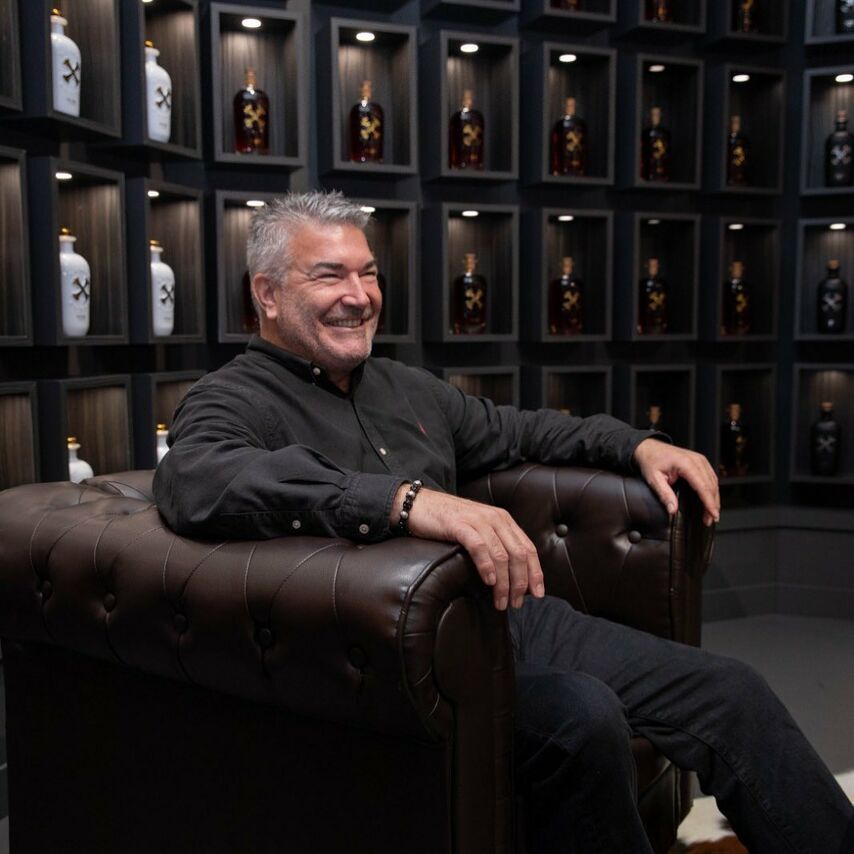
Around this time, Johnson began playing blackjack. The strategy in this game is rather primitive. Many casinos sell cards with optimal charts themselves. Johnson admits that these charts are meaningless to him: "They are calculated for millions of hands, I will never play that much."
The larger the sample, the narrower the range of deviations. And at a short distance, there are much more streaks – you can quickly either win a lot or lose everything. It is very important to take this into account when negotiating with the casino. It was in this that Johnson had no equal.
In all games against the casino, ordinary players have negative expectations. By chance, anyone can win, but the majority will remain in the red. And the more you play, the more you lose.
But advanced players know how to find an additional advantage. High rollers in the casino are valued much more than ordinary visitors. Therefore, players who are ready to play large sums make concessions. For their sake, casinos are ready to sacrifice their expectation. The most common practice is the "losing discount". This is usually 10%, meaning that a player who loses $100,000 will have to pay "only" $90,000. Some players are offered free bets for substantial amounts, just to start playing. But these options were completely uninteresting to Johnson. A few thousand dollars in free chips and the standard 10% cashback won't give you any advantage at the table, it will only cut your losses a little. The player will still be in the red.
However, at the end of the 2000s, in the midst of the crisis, casinos began to fall into despair. There were fewer and fewer whales, and one unsuccessful session of such a high roller could bring the casino to a profit at the end of the month. At the end of 2010, some casinos in Atlantic City "losing discount" had reached an unprecedented 20%.
For Don Johnson, the situation was perfect. He had enough money to bet big, and his reputation in the casino was not yet so bad that security began to worry about him. In Atlantic City, of course, he was known, but in the card files of the casino he was listed as "a good player who can play large sums." He was not classified as a player who could pose some kind of danger. In addition, he never became impudent during negotiations and was content with insignificant bonuses. He found the advantage elsewhere.
At the end of 2010, representatives of Borgata themselves got in touch with him. By this point, Johnson had not played there for over a year. He had a "lifetime 20% discount" at the casino. However, after another successful session, it lost its meaning. Naturally, it is unprofitable for the casino to pay out cashback after each unsuccessful session, and turn a blind eye to winnings. Compensation is usually offered for a certain amount, for example, 20% on $500,000. But in order to get it, you will have to lose not only that $500,000 but also the entire previous profit. Johnson realized that he had nothing else to do in Borgata and simply stopped appearing there. When they called him from the casino asking him why he had not played with them for a long time, he honestly explained everything.
“Okay, we can change that,” the manager suggested. – What if we pay compensation after each session?
Caesars and Tropicana offered him similar deals. He started playing in three casinos in turn and beat them consistently.
Theoretically, this should not have happened. Casinos use computer models that calculate everything down to the last penny. Therefore, even the most generous conditions for high rollers should not offset the advantage of the casino.
“We have a very advanced model,” says Rodio, CEO of Tropicana. “We check any major client, no matter what game he specializes in. Based on the received data, we determine what maximum discount we can offer.
What went wrong with Johnson?
“It looks like someone made a mistake in the calculations,” he says modestly.
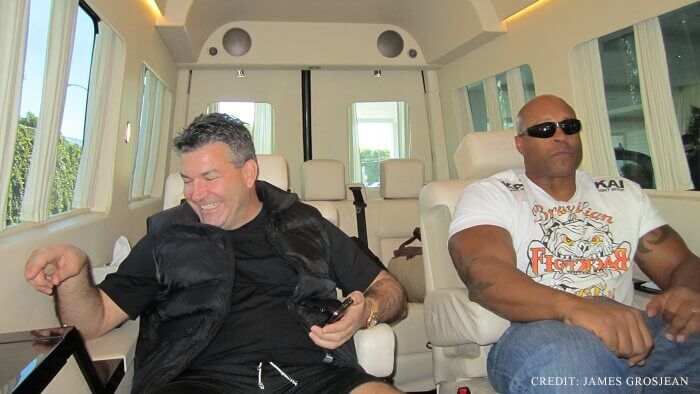
As we have already said, during the negotiations he did not limit himself to a 20% discount. Johnson did not reveal all the details but listed a number of concessions that the casinos made. He demanded a six-deck shoe and insisted on a hand shuffle; had the right to split and double-down on four hands at the same time; the “soft 17” rule also applied to him (if a player scores 17 with an ace, then his ace can be considered both for 11 and for 1, which allows you to take additional cards, and the dealer’s ace is always equal to 11 in such a situation). According to Johnson's calculations, thanks to the negotiations, he managed to reduce the house edge to 0.25%. With the cashback included, this is a game with almost zero expectations. Johnson was given the condition to declare $1 million. But he later admitted that he never risked the whole amount: “If I lost $500,000, I would just take my 20% and finish.”
Johnson immediately won decently, but did not take profits: “I deliberately took an additional risk. I played against the casino with their own money and at a discount.
Tropicana stopped dealing cards to him when he made a profit of $5.8 million, Borgata withdrew the dealer at $5 million, and Caesars closed the table when he won $4 million.
“I wanted to keep playing,” Johnson recalls his last session at Caesars. – He looked around and asked: "Are you going to deal?" They simply answered, “No. We're done." Later I was told that they called the general manager, who was in London at the time. They told him that Don Johnson had already won "four".
– Four hundred? – said the manager.
No, four million.
When Johnson said that he would like to continue, he was pointed to the high roller tables in the main hall, where the game was played according to the standard rules.
Instead, he went to his room and immediately fell asleep. He was paid all the winnings, but in most casinos, he was no longer a welcome guest. Only in Tropicana, for some time, Don was allowed to play on the same terms, but without a 20% discount. After that, Johnson won another $2 million there.
Johnson says his life hasn't changed much. He did not buy anything special for himself and continued to live in his old house in the town of Bensalem. However, for some time he became famous, managed to hang out with Jon Bon Jovi and Charlie Sheen, organized a party in honor of Pamela Anderson's birthday in Las Vegas, and once spent almost £200,000 in one of London's nightclubs.
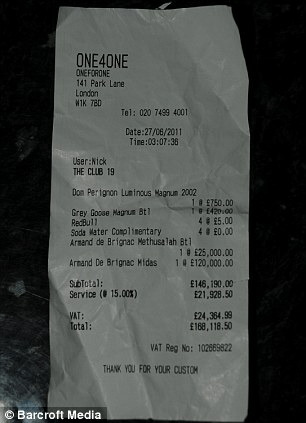
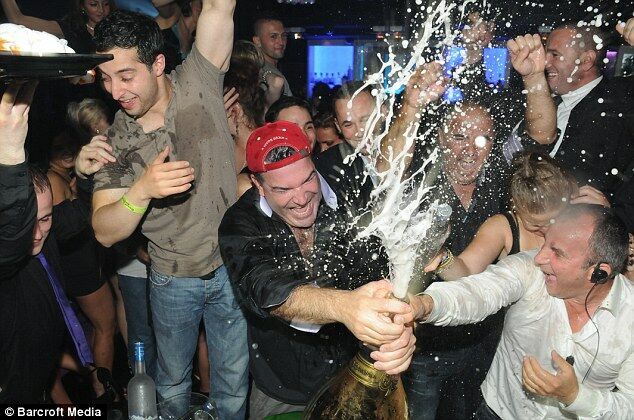
Now 60-year-old Don Johnson continues to enjoy life, which he talks about on Instagram, where he has more than 300,000 subscribers.











